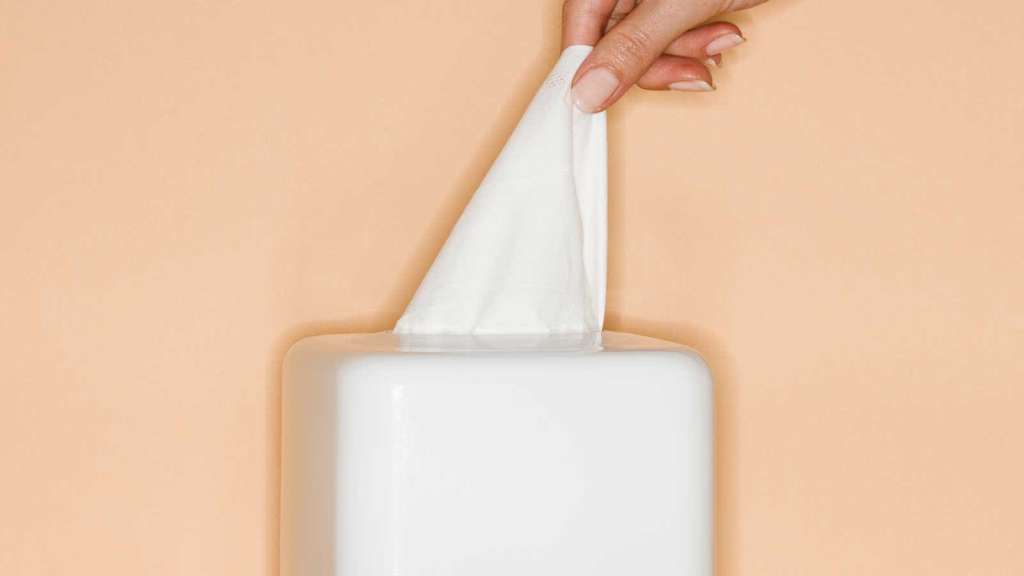With seasonal allergies in full swing thanks to the change of season (the only downside of spring!), it can be hard to distinguish the difference between allergies and COVID-19.
And, as someone who suffers from allergies something shocking, going out to the shops with a sniffly nose is a surefire way to cop a few dirty looks — even while wearing a mask. So, how can we tell the difference between the two?
According to Dr. Muhammad Mohsin, founder and head GP at home doctor service, 13 CURE, and online doctor service, Prime Medic, there is a contrast between the symptoms of COVID-19 and allergies.
“Common symptoms encountered by COVID-19 patients are fever, sore throat, wet cough, tiredness, fatigue, and problems in breathing in severe cases,” Dr. Mohsin told TheLatch—.
“Whilst seasonal allergies mainly present with itchy eyes, dry cough, runny nose and wheezing in extreme cases.”
It might feel like some of those symptoms overlap, but Dr Mohsin says that the difference is that COVID-19 patients experience “systemic symptoms like fever, headache, body aches, muscle pain, tiredness and lethargy.”
Systemic symptoms, on the other hand, affect the entire body, rather than just a single body part or organ and according to Dr Mohsin, “in the case of seasonal allergies, you don’t get those systemic symptoms.”
It can be tough to tell the difference between the two — especially given the anxiety surrounding the virus.
“Because lots of symptoms are common and because of anxiety related to COVID-19, there is a high chance that the patient considers their symptoms to be COVID-19,” he said.
If you’re experiencing flu-like symptoms rather than signs of seasonal allergies, you should be tested for COVID-19 and self-isolate immediately. With the flu rate at an all-time low, especially in NSW, Sydneysiders are more likely to have COVID-19 than influenza at the moment.
Dr Mohsin recommends calling your GP if you’re worried about your symptoms. Otherwise, you can call the Coronavirus Health Information Hotline a call on 1800 020 080. It’s available 24 hours a day, seven days a week.
“Their regular doctor will be able to alleviate their anxiety and advise the best course of action,” Dr Mohsin said. “They should take extra precautions to avoid things that normally trigger their allergic symptoms And if they do develop allergic symptoms, take medical advice immediately.”
It should also be noted that online doctor services such as PrimeMedic can be accessed easily online and for most people, these services are also covered by Medicare.
The current health crisis is evolving rapidly. If you suspect you or a family member has coronavirus you should call (not visit) your GP or ring the national Coronavirus Health Information Hotline on 1800 020 080.







